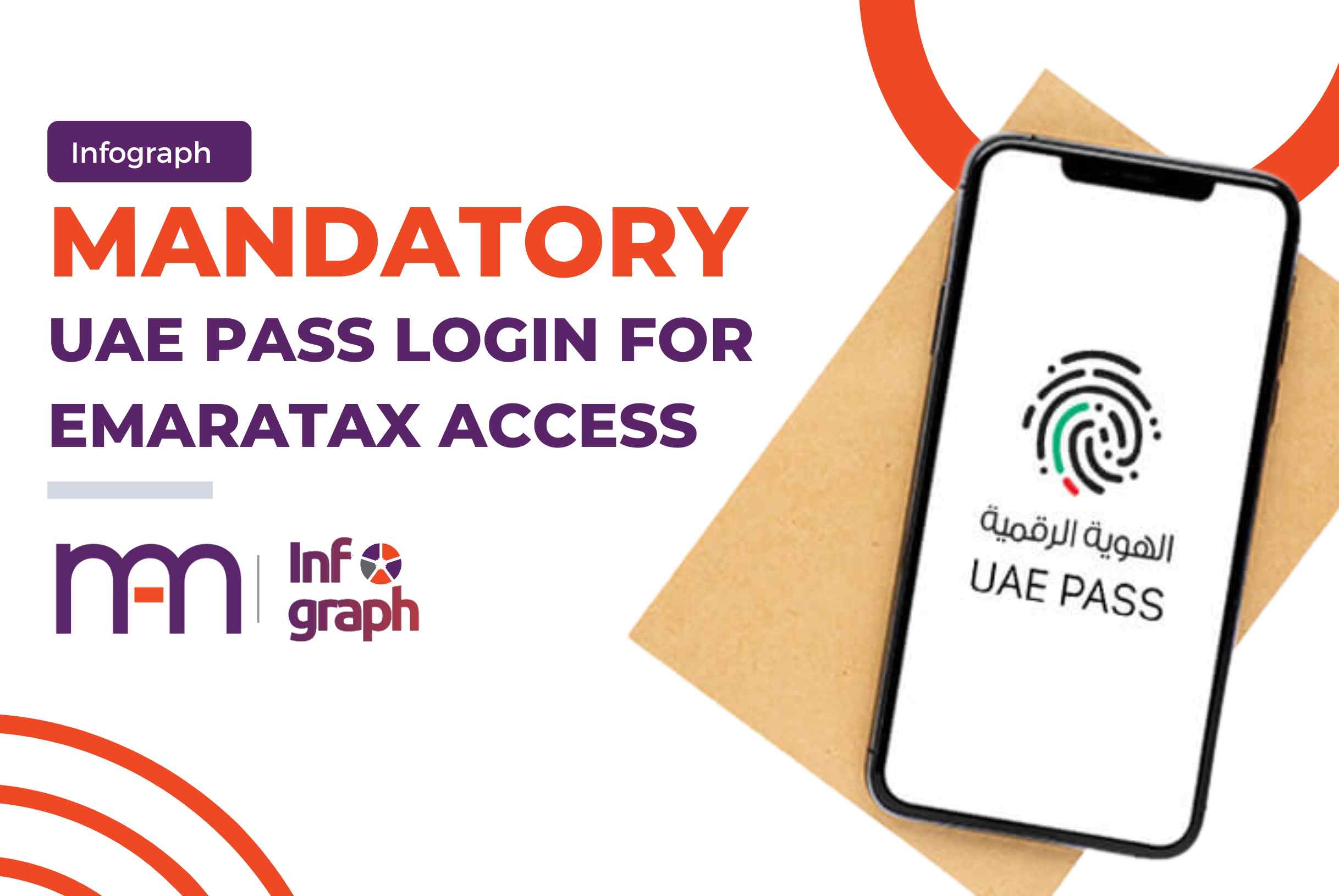In the realm of preparing for the fate of your possessions after your departure, Wills emerge as crucial legal documents. They serve to safeguard your assets and ensure their rightful allocation to chosen beneficiaries upon your demise. However, misconceptions about Wills, particularly in the UAE context, often cloud understanding. In this article, we debunk prevalent myths and provide accurate information regarding Wills. Here are the common misconceptions surrounding the creation of a Will:
Myth 1: “I’m Too Young for a Will”
It is a common belief that drafting a Will is a task reserved for the elderly. NAM Accountants, specializing in Wills and Estate Inheritance Law as well as being DIFC Wills Registered Draftsmen, stress that age is not a determining factor. Regardless of age, everyone should establish a Will to protect assets and offer clarity to loved ones in unforeseen circumstances. Accidents can occur at any stage of life, making a Will crucial for ensuring assets are distributed according to one’s wishes. Reasons for having a Will at a younger age include:
Asset Protection: Even in early adulthood, individuals may possess valuable assets, necessitating a clear distribution plan in unexpected situations.
Clarity for Loved Ones: A Will provides explicit instructions, reducing confusion and potential disputes among family members.
Guardianship of Children: Especially vital for young parents, a Will allows designation of guardianship for children, ensuring their well-being if both parents are unable to care for them.
Myth 2: “I Don’t Have Enough Assets to Warrant a Will”
Contrary to popular belief, Wills are not exclusive to the wealthy. Many assume that only those with substantial wealth need to create a Will. However, anyone with assets, regardless of size, should consider establishing a Will to dictate their distribution, including:
Property: Even owning a small piece of real estate warrants a Will to outline distribution preferences.
Savings and Investments: Bank accounts, investments, or any form of savings are considered assets and should be addressed in a Will.
Personal Belongings: Items of sentimental or monetary value, such as jewelry or family heirlooms, fall under the category of assets.
Myth 3: “My Spouse Automatically Inherits Everything”
There is a prevalent belief that in the absence of a Will, a surviving spouse automatically inherits the entire estate. However, UAE inheritance laws may differ, and assets may be split between the surviving spouse and children. Default distributions apply in the absence of a spouse or children.
Myth 4: “Creating a Will Is a One-Time Task”
Some believe that once a Will is drafted, it remains applicable throughout life. However, life changes, family dynamics evolve, and assets may increase. Regular updates to the Will are essential to accommodate these changes and minimize legal uncertainties.
Myth 5: “A Handwritten Will Is Sufficient”
Handwritten Wills, or ‘holographic Wills,’ may not hold up in court due to lacking legal formalities. Professionally drafted Wills carry legal recognition, clarity, and are less prone to disputes.
In conclusion, Wills play an indispensable role in securing the destiny of one’s possessions. This article aims to dispel common misconceptions and provide readers with a more informed understanding of Wills in the UAE context. NAM Accountants is dedicated to offering expert advice and comprehensive support in securing the future for yourself and your loved ones.























